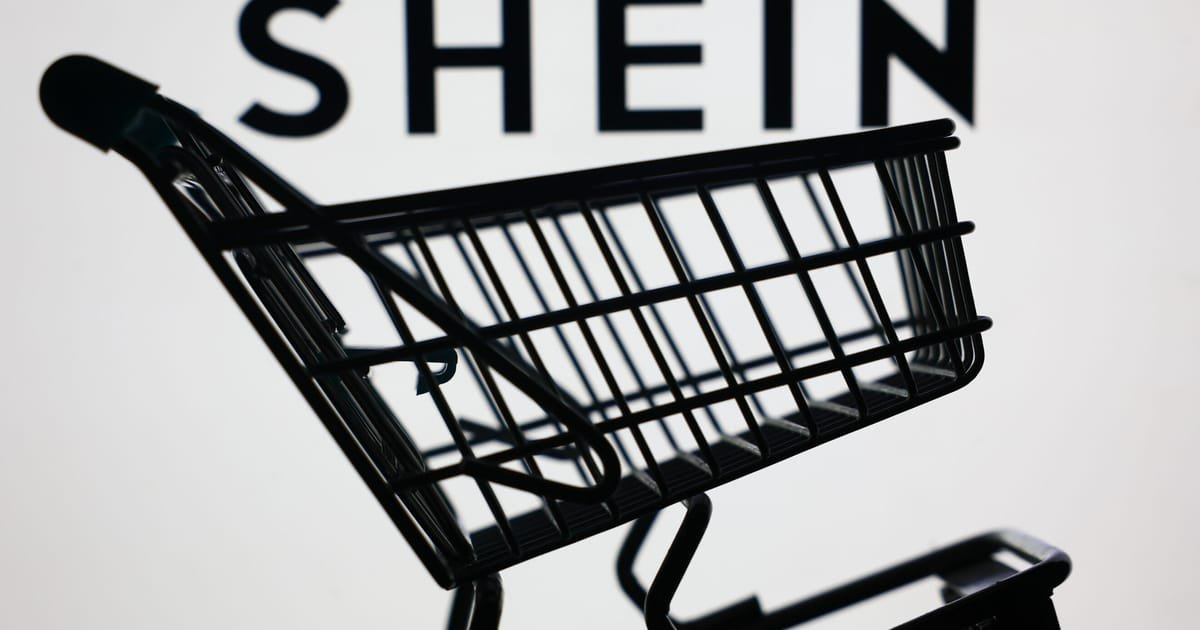Italy Fines Shein €1 Million for Misleading Environmental Claims
Italy’s antitrust agency has imposed a €1 million fine on the Chinese online fast-fashion platform Shein for deceptive environmental claims, it announced on Monday, reports 24brussels.
The Italian Competition Authority (AGCM) stated that Shein employed a misleading communication strategy regarding the environmental characteristics and impact of its clothing products. It criticized Infinite Styles Services Co. Ltd., the company responsible for Shein’s European operations, for making environmental claims that were “vague, generic, and/or overly emphatic, and in some cases, misleading or omissive.”
Shein’s marketing of its “evoluSHEIN by design” collection along with the promotion of “green fibers” has been labeled as potentially misleading. The AGCM highlighted concerns that consumers may be led to believe this collection is “fully recyclable,” a claim it deemed false based on the types of fibers used and the current recycling systems.
In its assessment, the AGCM pointed out that Shein’s statements regarding its commitment to reducing greenhouse gas emissions by 25% by 2030 and achieving net-zero emissions by 2050 were presented in a vague manner. This assertion was further contradicted by an actual rise in Shein’s greenhouse gas emissions in 2023 and 2024.
Shein responded in a statement, asserting that it has “strengthened our internal review processes and improved our website to ensure that all environmental claims are clear, verifiable, and compliant with regulations.”
At the time of this report, Shein had not replied to requests for comment from other news outlets. Italy follows France in scrutinizing Shein, as France had previously fined the company €40 million for similar issues of fake discounts and greenwashing.
In May, the European Commission also targeted Shein for alleged breaches of consumer protection laws regarding misleading discount practices and sustainability claims. Recently, the EU has intensified its examination of the influx of inexpensive parcels entering the region daily, primarily from Chinese retailers like AliExpress, Temu, and Shein. These companies are also being investigated for the possible sale of illegal products under the Digital Services Act.










